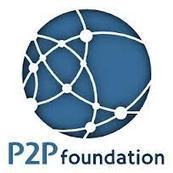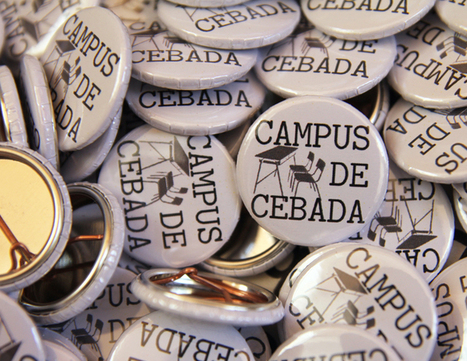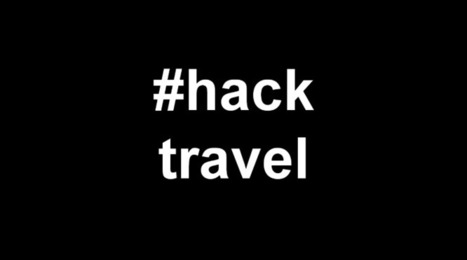Nathan Schneider gives an introduction to the concept of platform co-operativism and why the digital economy can learn from the tradition of co-operatives.
Research and publish the best content.
Get Started for FREE
Sign up with Facebook Sign up with X
I don't have a Facebook or a X account
Already have an account: Login
on peer-to-peer dynamics in politics, the economy and organizations
Curated by
jean lievens
 Your new post is loading... Your new post is loading...
|
|






















